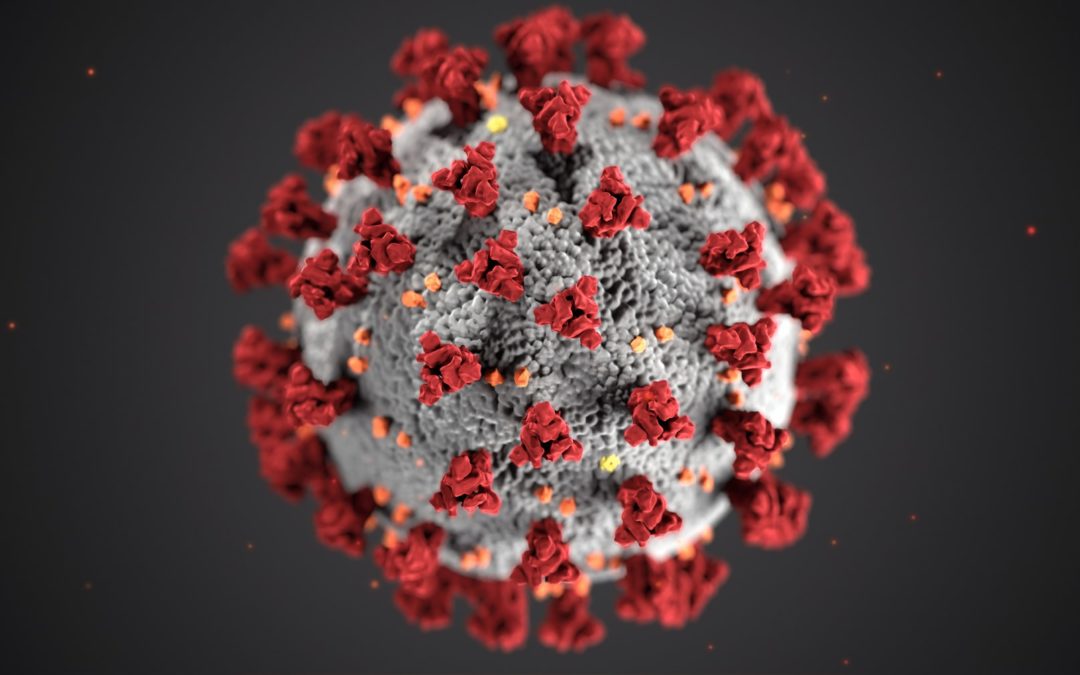I’ll venture a guess that you have some questions about the current moment we are living in. Many are scientific: When will a vaccine or effective treatment be developed? What is the projected trajectory of this? What will the long-term effects be on our economy?
Some of them are doubtless practical: How do I parent through this? What can I do to stay mentally, physically, spiritually healthy? How will I manage my own finances?
Perhaps some of these are even theological. Here are a few I’ve heard over the past few weeks: Why does God allow this kind of suffering to persist? Does this current event mean something prophetically? Is there a message in this for us as individuals, nations, churches?
If you search, you can find solid data to support a wide range of answers to these questions. Many of them I am asking along with you, and sorting through the data myself. I’d love to have a conversation to share our discoveries. But today I want to suggest a different set of questions to prayerfully ask ourselves about COVID-19 and this season in our lives, and they might yield answers that will have long-term effects on our quality of life:
- Before the Crisis: What would you say is essential?
- During the Crisis: What have you done without?
- After the Crisis: What do you need to leave behind?
A wise mentor once told me that we do not grow through our struggles and challenges. We grow through reflection on our struggles and challenges. If that is true, and we take advantage of this opportunity, this season might be a catalyst for a profound spiritual renewal. Your answers will likely be different than mine, but just to get the conversation started, here are a few reflections of my own:
Before the Crisis: What would you say is essential?
Here’s the honest answer: Everything. Before all this happened, I assumed that everything I was doing was good and normal and necessary: Every hour I unreflectively worked away from my family, every project I unreflectively undertook, and every dollar I unreflectively spent. In other words, I thought that every expenditure of my time, talent and treasure was necessary, or at least “urgent.” The key word, you have probably guessed, is “unreflectively.”
During the Crisis: What have you done without?
The biggest change I have noticed have been my spending habits. Being out less means spending far, far less, especially impulsive or fast-food spending. I have done without an office, for better and for worse. As a result, I am probably actually working more hours, and with my kids home all day, my absence is more noticeable. This might be an important reflection. I have done without a local church gathering, and I am amazed and inspired by how my own pastor has worked to keep us connected and continued to help us minister to the community.
After the Crisis: What do you need to leave behind?
I think I’ll have to work extremely hard not to go back to my typical North American consumeristic ways. I need to leave behind my compulsion to punch hours or take on projects just because I can say yes. I feel God saying to me very strongly that I need to leave behind the legalistic desire to have balance in all things and embrace rhythms instead. I have enjoyed more punctuated seasons of delight in prayer, my wife and kids, books, random zooms, the lake across the road, and the Scriptures in this crisis than ever before in my memory. There is a deep soul need being met here the messiness of not being “in a place” or “on a clock.”
How would you answer these three questions as a soul, as a leader, as a church?


Recent Comments